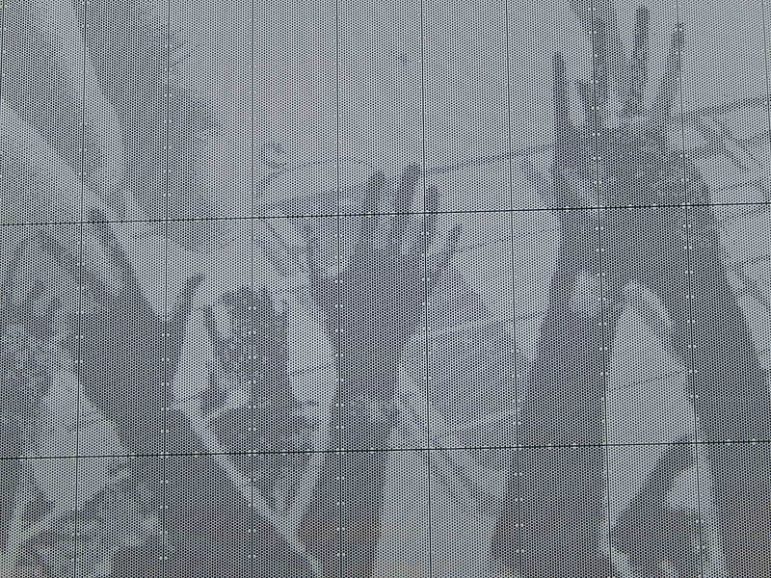‘Rather than promote the pathways to success that fair and equitable employment offers for those with criminal justice histories, the current system bars opportunities at every turn.’

The first Labor Day parade was celebrated in New York City in 1882, marking a holiday that has since been described as a “tribute to the contributions workers have made to the strength, prosperity, and well-being of our country.” Excluded from this annual celebration, however, are those New Yorkers who are prevented from fully participating in the labor force because of their criminal justice histories.
The lifelong stigma and limited opportunity associated with a criminal conviction are detrimental to any pathway to better outcomes and actively work to exclude a large proportion of New Yorkers from access to a livelihood and meaningful employment. In the context of the current pandemic and employment crisis, recognizing these inequities is essential. As we take time to recognize the achievements of the labor movement in the US, we must also continue to advocate for workers’ rights, especially for those whose ability to work is denied to them.
Mass incarceration has deep ramifications not only for those people who are currently incarcerated, but also for those who remain under the supervision of the criminal justice system more broadly, including the almost 300,000 New Yorkers on probation, parole, or under community supervision. For these New Yorkers, hiring discrimination, discretionary professional licensing laws, and inappropriate screening have resulted in hugely disproportionate exclusion from the workforce. The national unemployment rate for formerly incarcerated people in 2018 (27 percent) was higher than the general unemployment rate at the peak of the great depression (25 percent), and for New Yorkers on parole has been estimated as high as 54 percent. These numbers have only been exacerbated by the current employment crisis.
Recent studies have also highlighted the compounding effects of these policies for marginalized communities. A 2020 report from the Center for an Urban Future found that Black New Yorkers are dramatically underrepresented in high-paying industries and experience significant income disparities compared with white New Yorkers across the board. Given the disproportionate numbers of Black people impacted by our criminal legal system, these inequalities come as no surprise.
 CityViews are readers’ opinions, not those of City Limits. Add your voice today!
CityViews are readers’ opinions, not those of City Limits. Add your voice today!
The overall result is a self-defeating and profoundly inequitable system. Rather than promote the pathways to success that fair and equitable employment offers for those with criminal justice histories, the current system bars opportunities at every turn. I have witnessed first-hand what the right assistance can do for people who have been entangled in our unjust justice system. In recovering from our pandemic-induced employment crisis, our city has the opportunity to reinvigorate our economy with equity and opportunity for all. The right solution for all New Yorkers is to fund programs dedicated to career advancement for justice-involved people and disrupt the cycle of unjustified exclusion.
Labor Day must be both a time for the celebration of workers and a call to action on behalf of those excluded from the workforce. It is urgent that we premise the next stage of the labor movement on a commitment to equal work opportunities for all. Working to ensure pathways to better outcomes for those with criminal justice histories is an integral part of this process. Rather than continue to punish them after they have completed their sentences, we must invest in their success.
Vivian Nixon is the Executive Director of College & Community Fellowship – a non-profit that enables women with criminal justice involvement to earn a college degree, build a career and create change. You can follow her on Twitter at @Vivian_Nixon_WW.









2 thoughts on “Opinion: Remember Workers Whose Past Prevents Reaching Potential”
Great piece on an important and often overlooked aspect of our punitive system.
Weak solution, to ambigious. Where are these programs, what are the names of programs and how can they be contacted? Please inform us!